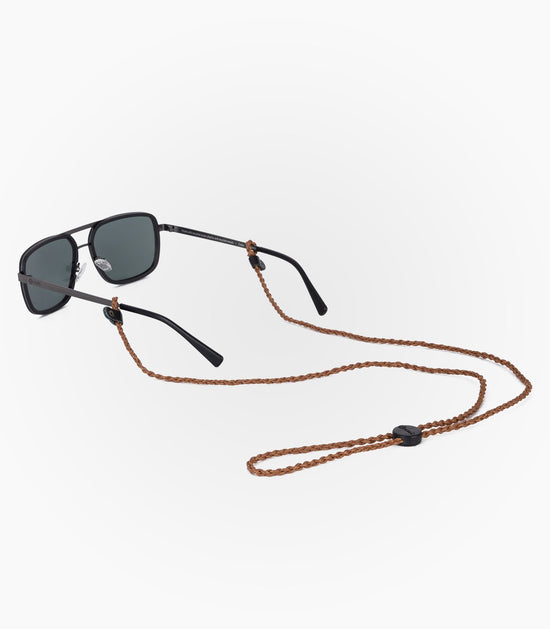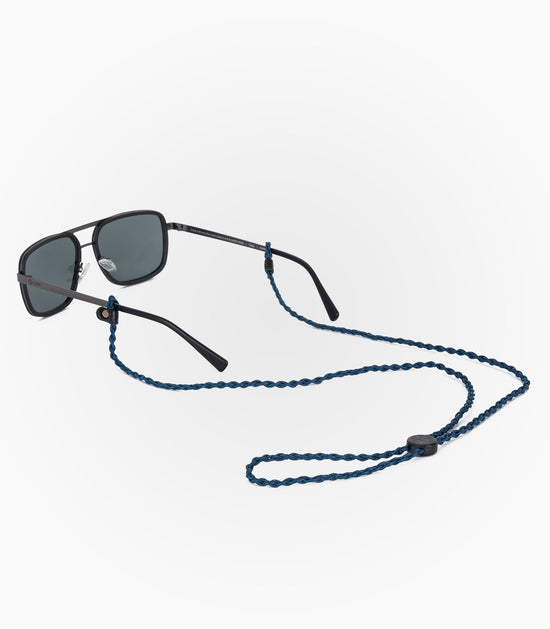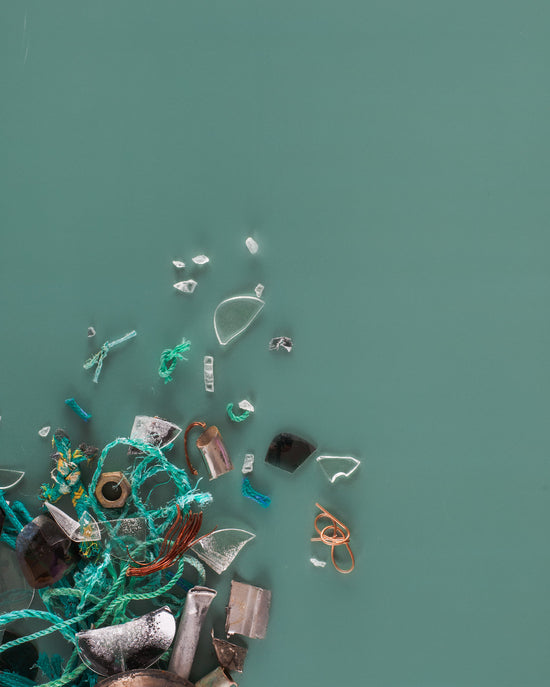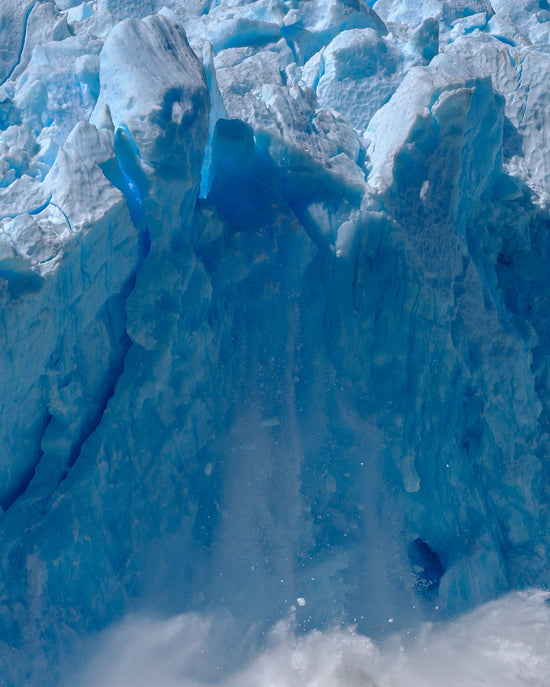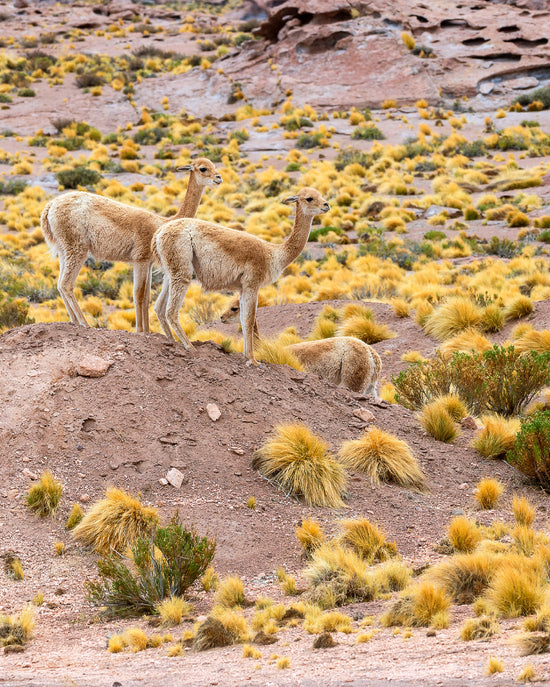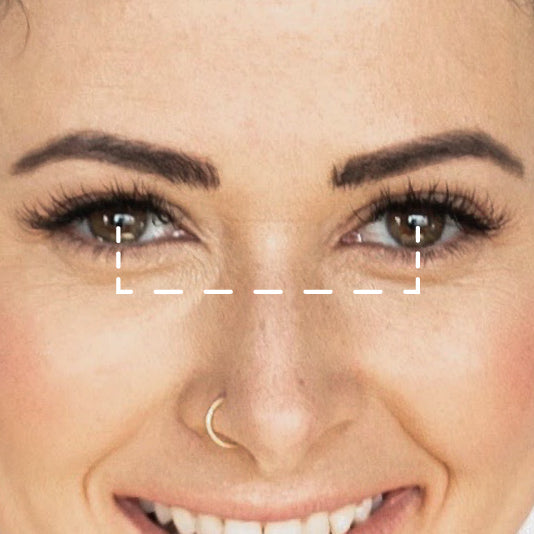Karün’s origin lies in the idea that we are all nature. Accordingly, not only people but also companies should exist in harmony with nature.
This is something that has defined our eyewear-manufacturing operations from the beginning.
As a certified B-Corp, we look at minimizing any negative environmental impact we may have, and we aim to maximize the social benefits we can provide to our local community in the Chilean Patagonia, where we are based.
We have always used natural, noble, and recycled materials as inputs, and we work alongside local communities in Patagonia so together we can protect one of the most pristine natural places on Earth.
In terms of our production model, we are proving that it is possible to shift from a linear, extractive model to a circular way of producing eyewear.

The impact of our operations in our Puerto Varas office is already minimal in the sense that we do not burn any fossil fuels on-site and recycle and compost our waste. In doing so, our primary direct impact lies in the consumption of electricity, of which approximately 40% is still derived from fossil fuels in Chile.
However, we obviously have residual carbon emissions that contribute to global warming, as does any other company, albeit much lower than companies operating a linear model.
We decided to measure and compensate that footprint for the first time this year, making us a CarbonNeutral® Company and thereby further strengthening our environmental commitments.
The compensation of residual carbon emissions is the final step in a Climate Change strategy, and the goal is to achieve internal reductions year on year, thereby decoupling business growth from emissions. In the end, compensation applies only to the residual amount of emissions that could not be avoided.
In our case, our Carbon Footprint for 2019 is 33 tons of CO2 equivalent. To give you a better idea of what this means, 33 tons of CO2 emissions are equivalent to heating just about 4 homes for 1 year or driving 7 cars in 1 year or a distance of 131.783 km.
[PHOTO]
Only 7 % of those emissions actually occurred in our offices and are mainly related to the consumption of electricity. 93% is from our production chain (distribution of raw material and final products), but as a responsible company, we recognize that it is Best Practice to include those emissions into our reporting as they fall under our responsibility. It allows us to take action and explore ways to collaborate with our suppliers for them to reduce their emissions too. This will benefit us as their client, our suppliers’ other clients, and the planet.
In a perfect fit for Karün and our wider environmental and social commitments, we chose to support the REDD+ project on the Valdivian Coast, which is a global biodiversity hotspot and one of the largest temperate rainforests remaining on Earth.

The reserve is comprised of 51,000 hectares representing over 10% of the remaining coastal forest ecosystem in southern Chile, located on the privately-owned property which was purchased by The Nature Conservancy - the largest environmental charity in the Americas - in 2003 when an industrial timber company owning the land became insolvent. Without The Nature Conservancy’s involvement, another industrial timber company would have likely purchased the land, and conversion from native forest to non-native eucalyptus plantation would have continued.
The area is also home to 77 identified species of mammals, birds, reptiles, amphibians, and fish, including endemic and endangered species.
There was an additional threat of deforestation from the construction of a coastal highway.
By preserving the territory, jobs were created both within the reserve and in eco-tourism.
By quantifying the emissions avoided from not constructing the highway (the carbon stored in the trees that were going to be cut down), the reductions are monetized and sold to companies such as Karün, thereby helping to fund the work of The Nature Conservancy in the reserve.
While we were unable to avoid 33 tons of emissions after switching to a circular model of operations, by purchasing 33 tons of reductions we are contributing to the work of the Nature Conservancy to protect this beautiful area which includes the promotion of sustainable use of natural resources in alignment community development.
If you have questions or suggestions you can write to us at info@karunworld.com or contact us HERE.
